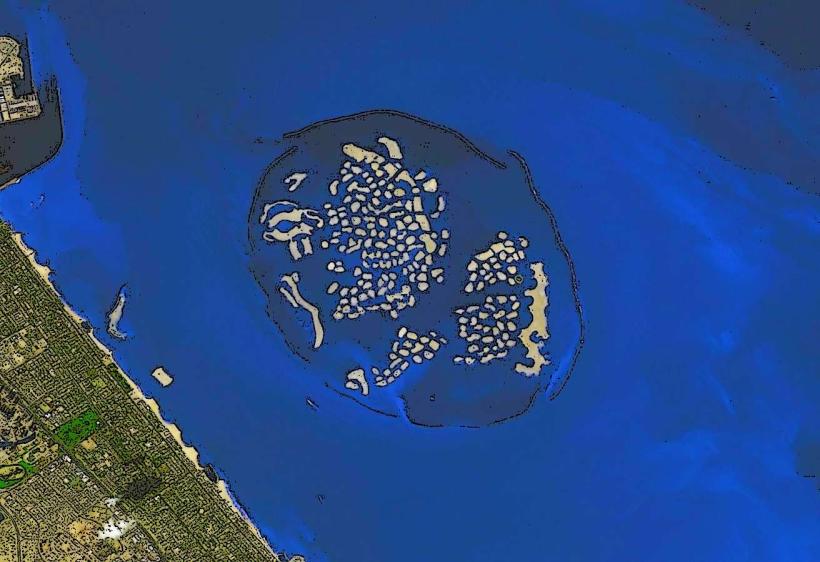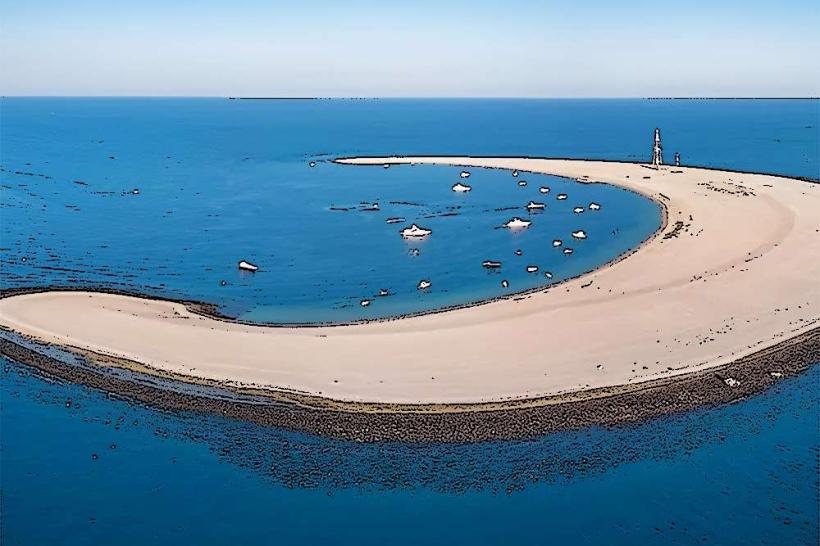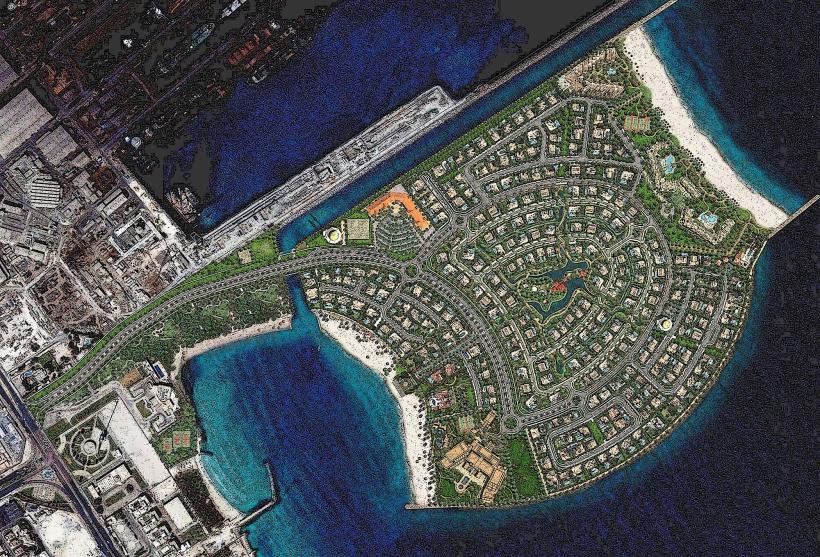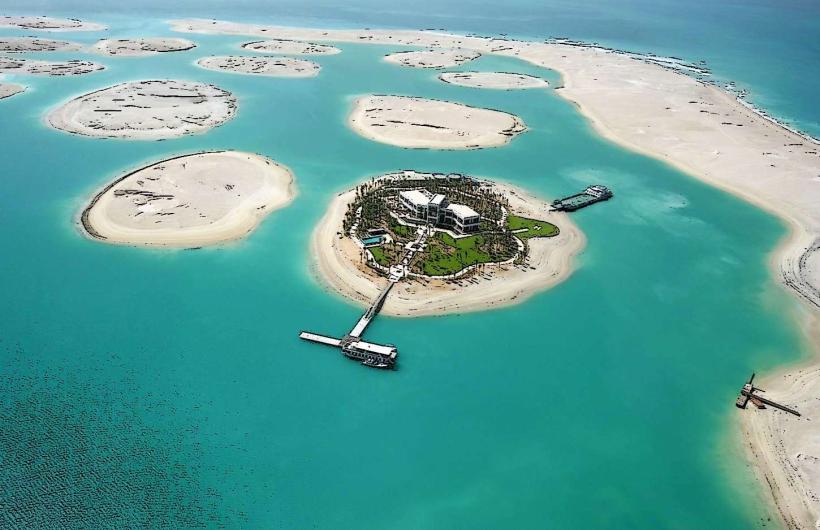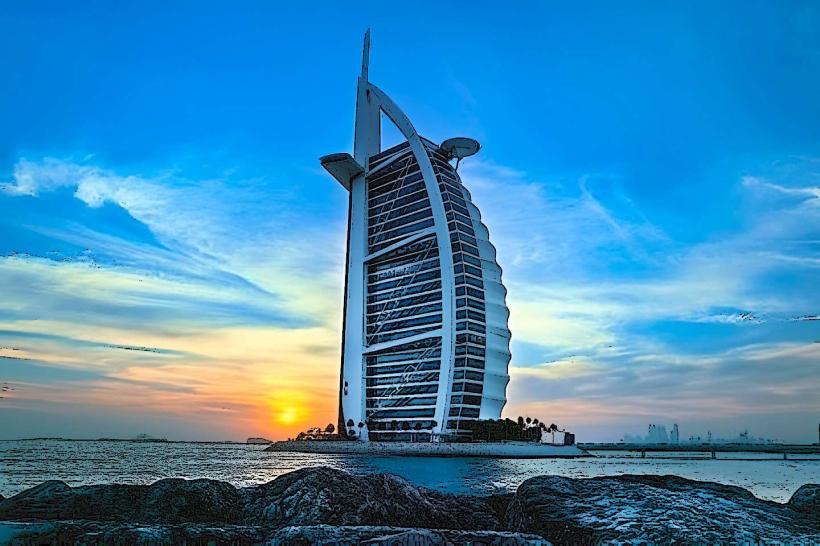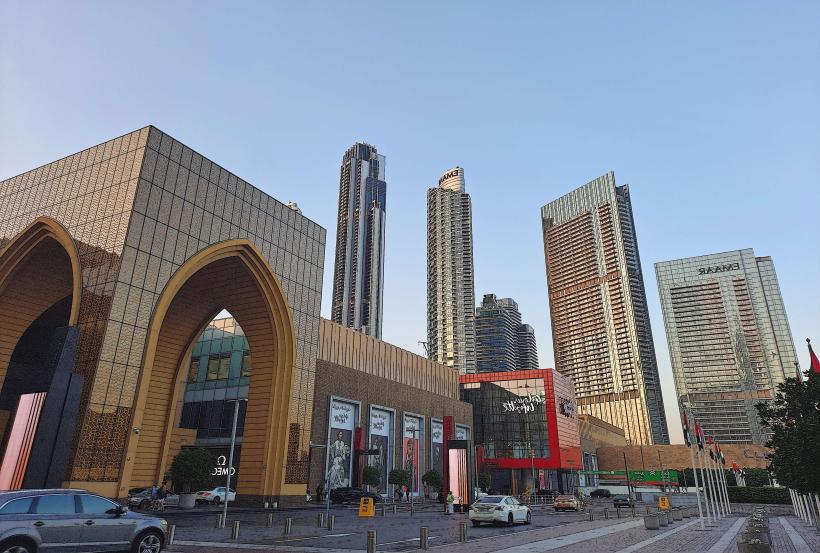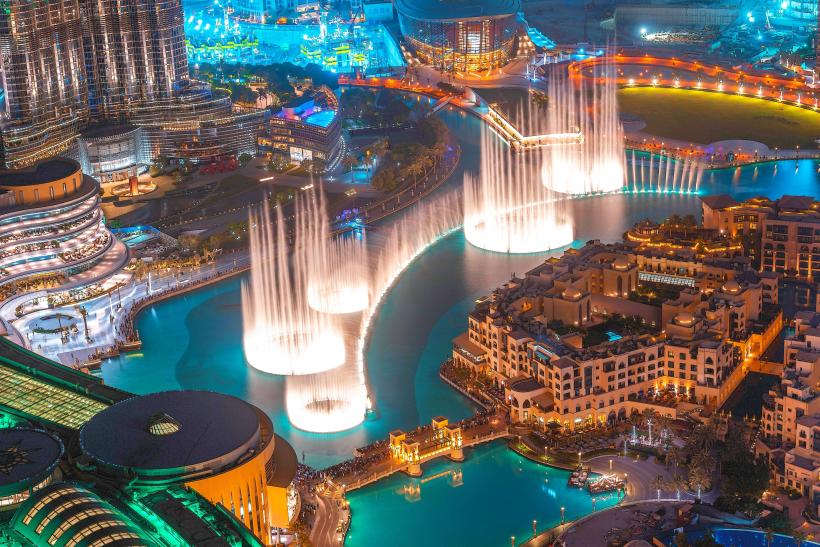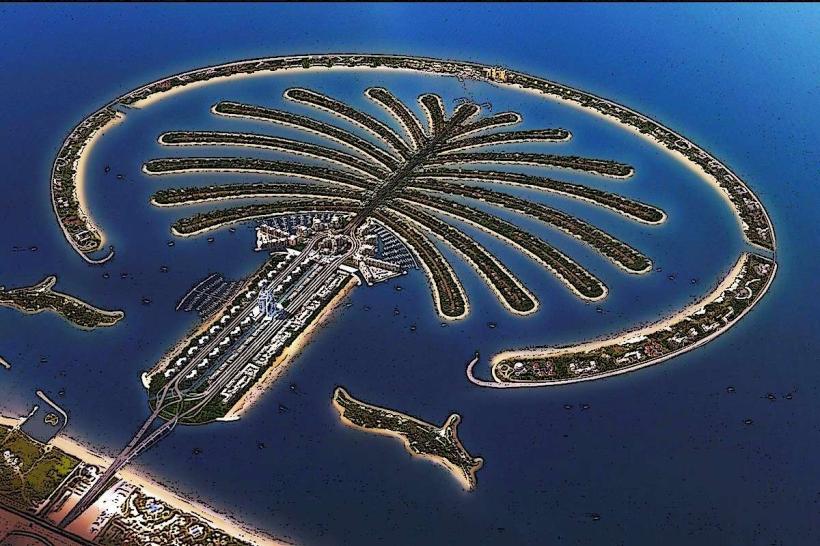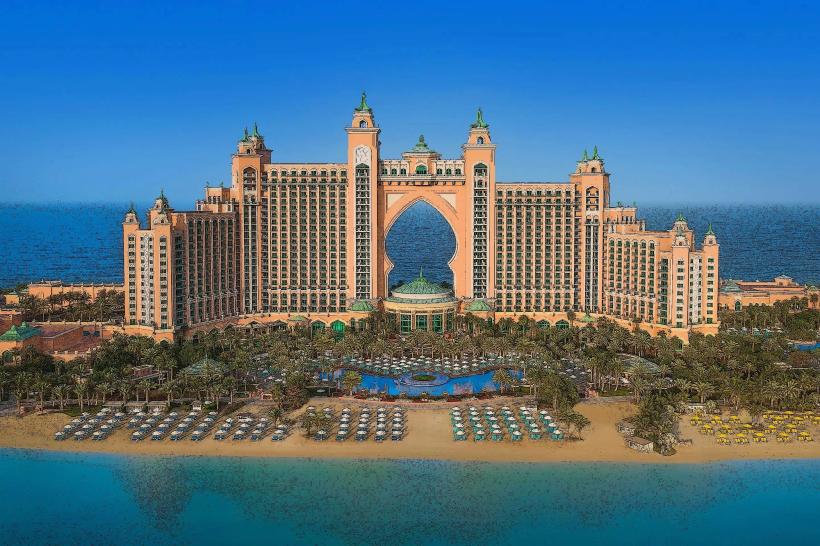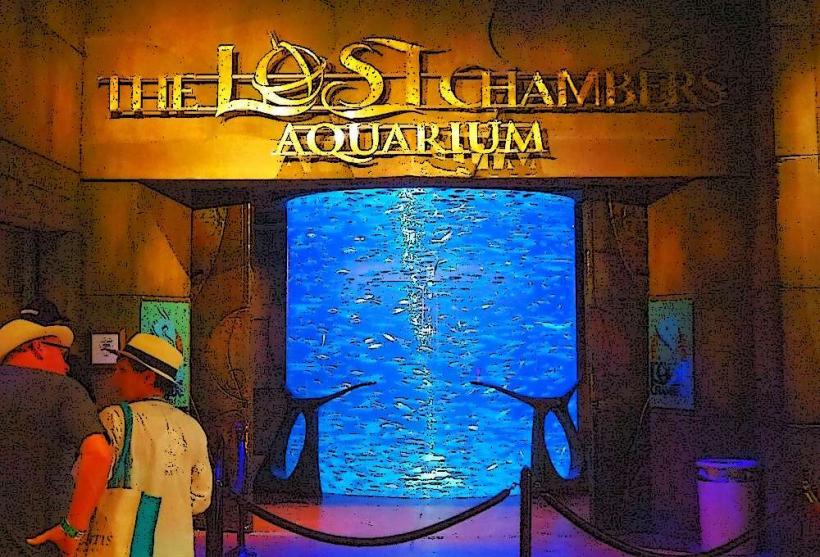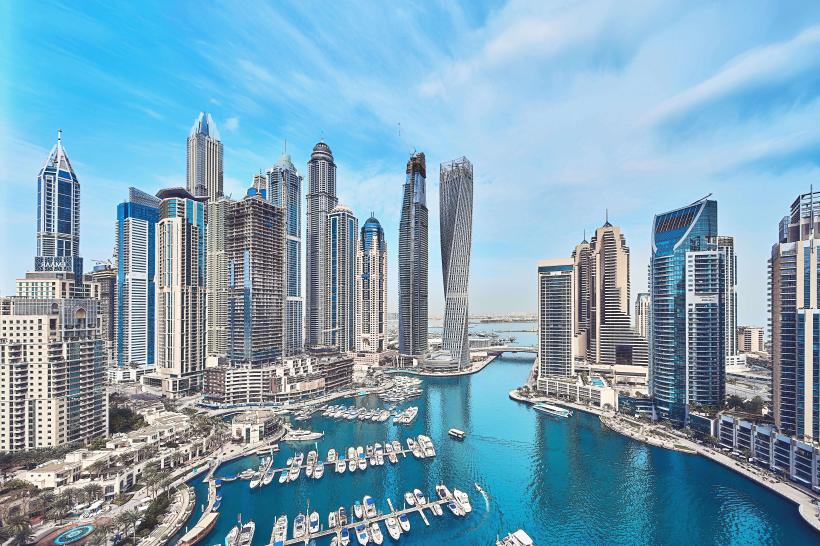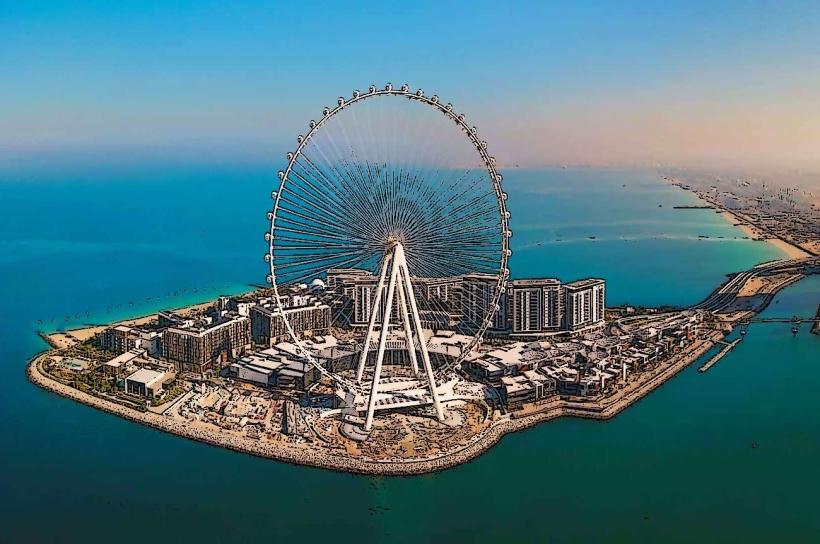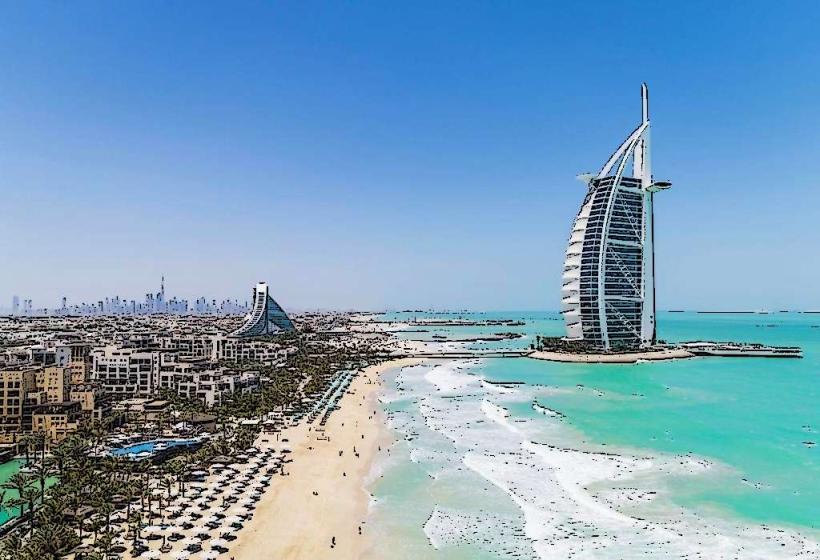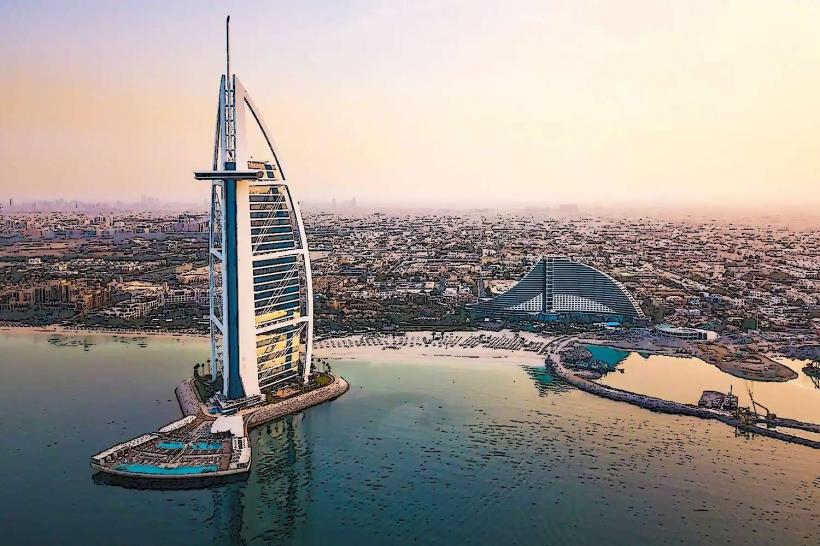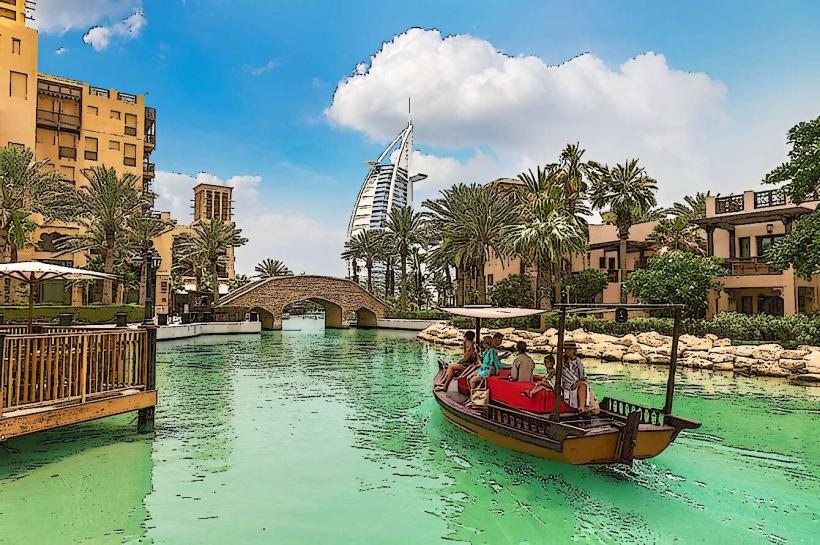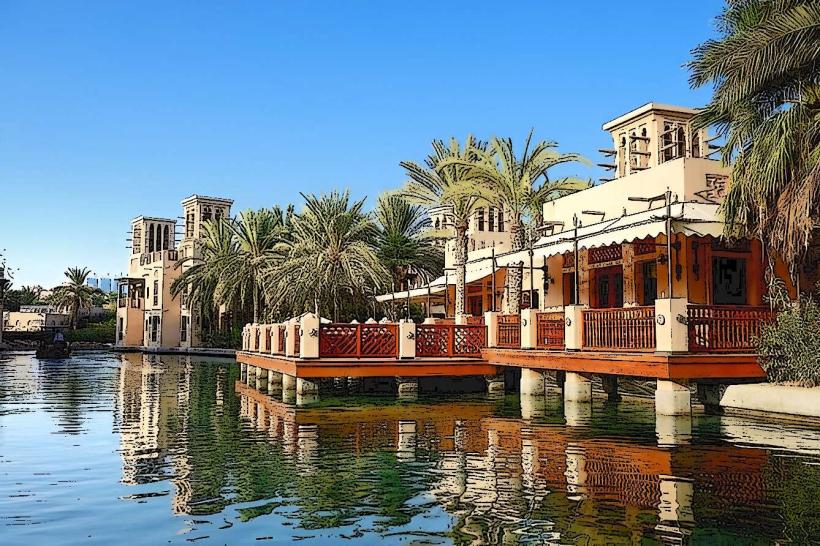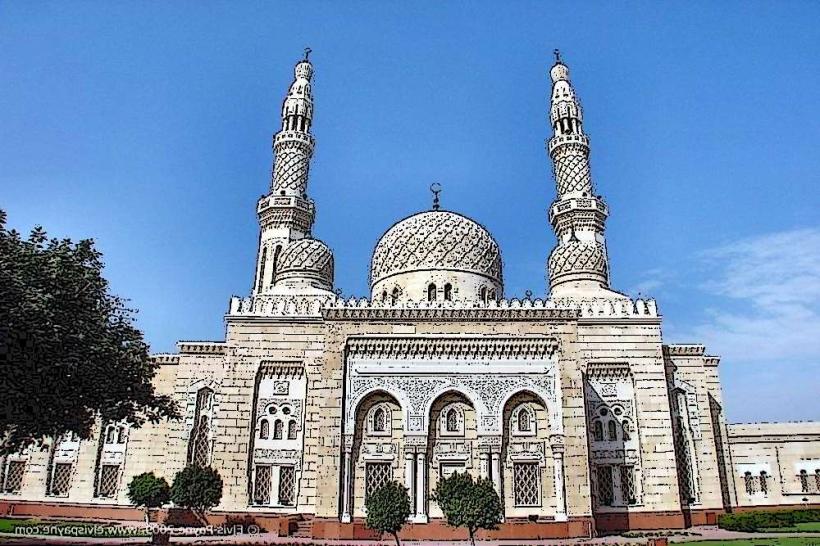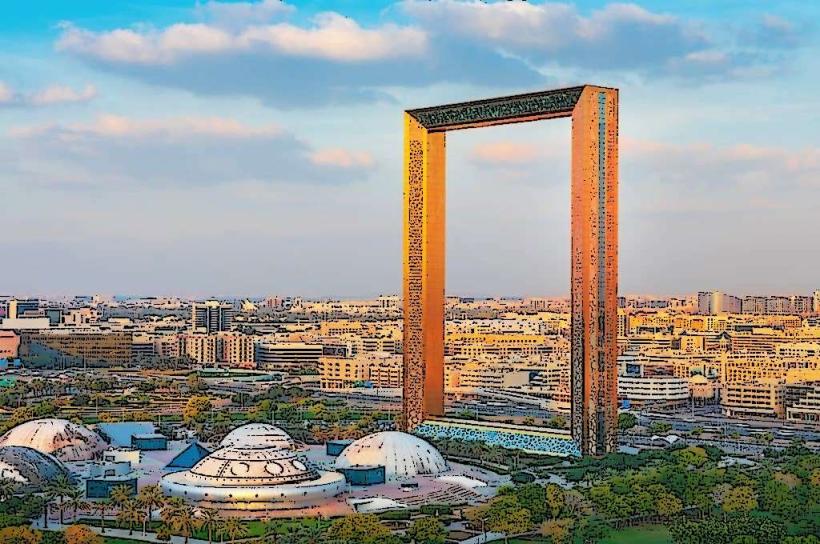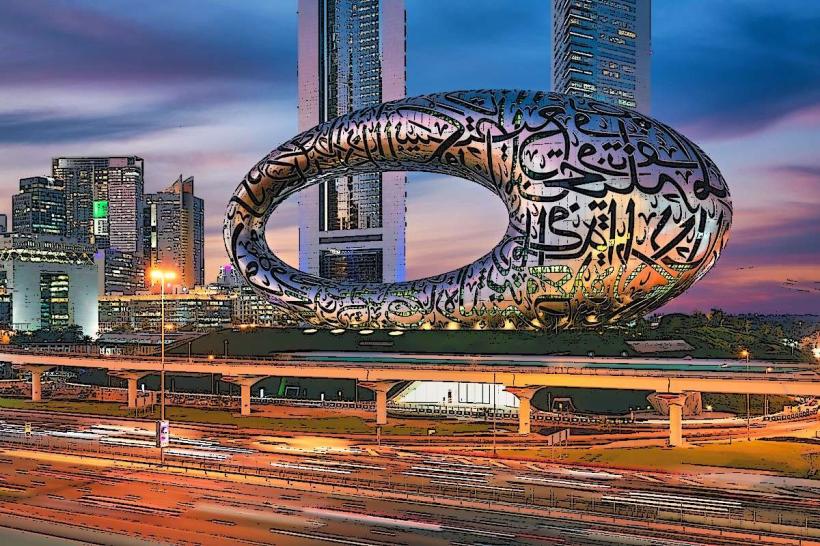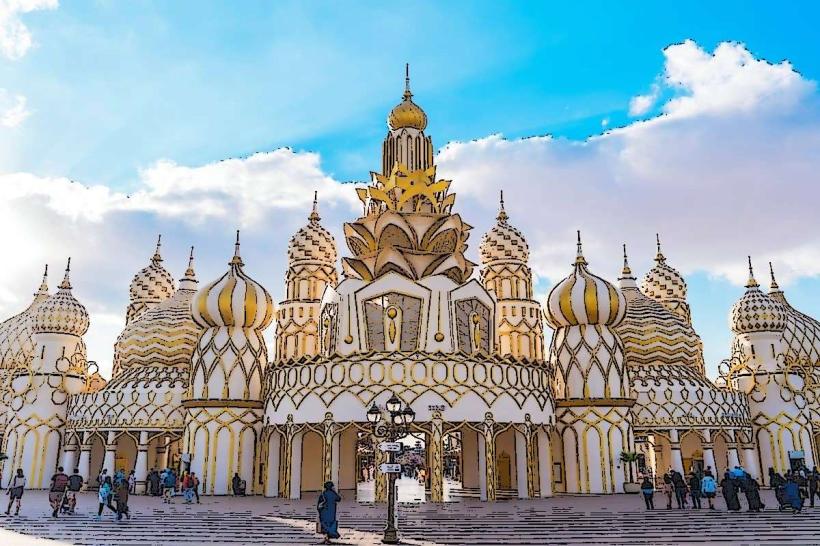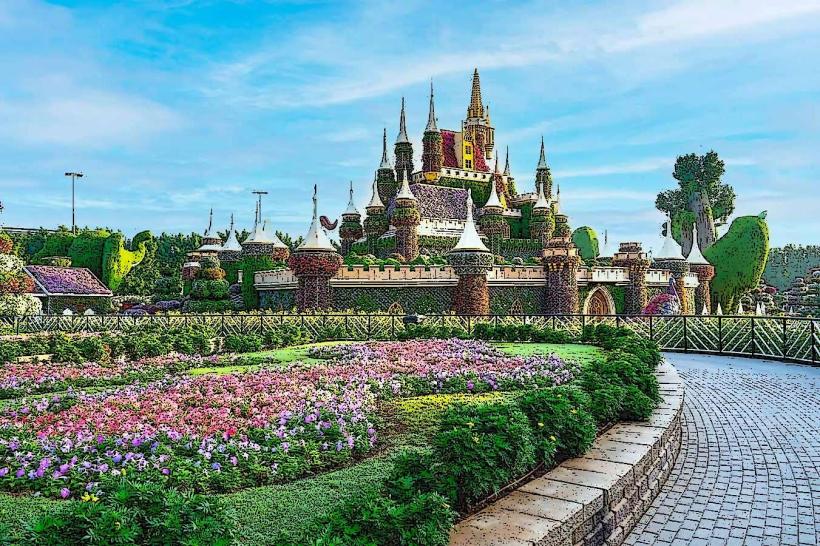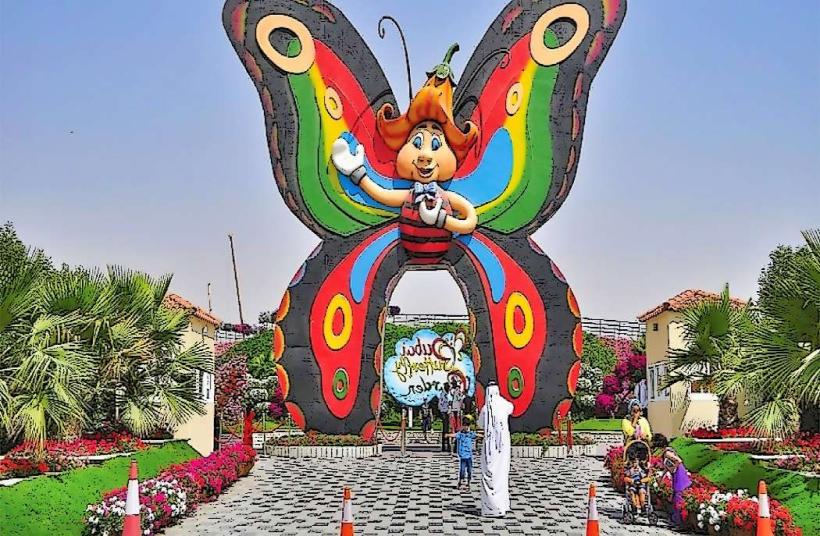Information
Landmark: Al Fahidi Historical DistrictCity: Dubai
Country: United Arab Emirates
Continent: Asia
Al Fahidi Historical District, Dubai, United Arab Emirates , Asia
Al Fahidi Historical District is a preserved heritage area located in Dubai, United Arab Emirates. It showcases traditional Emirati architecture and lifestyle.
Visual Characteristics
The district features low-rise buildings constructed from coral stone, gypsum, and palm fronds. Structures are typically two to three stories high, with wind towers (barjeel) for natural ventilation. The predominant color palette consists of sand tones and white plaster. Narrow alleyways and courtyards characterize the urban layout.
Location & Access Logistics
Al Fahidi Historical District is situated on the western bank of Dubai Creek, approximately 3 kilometers southeast of the city center. Access is via Sheikh Khalifa Bin Zayed Road. Parking is available in designated lots adjacent to the district, with capacity for approximately 100 vehicles. Public transport options include the Dubai Metro, with the Al Fahidi station (Green Line) located 500 meters north of the district. Bus routes 4, 9, and C1 also serve the area, with stops near the Creek.
Historical & Ecological Origin
The district's origins date back to the mid-19th century, serving as the residential area for wealthy Persian merchants and Dubai's ruling family. Its construction reflects traditional Arabian building techniques adapted to the local climate. The area was designated a protected heritage site to preserve its architectural and cultural significance.
Key Highlights & Activities
Visitors can explore the narrow sikkas (alleyways). The Dubai Museum, housed in the Al Fahidi Fort, is located within the district. Several art galleries and cultural centers, such as the Sheikh Mohammed Centre for Cultural Understanding, offer insights into Emirati traditions. Walking tours are available, focusing on architectural details and historical context.
Infrastructure & Amenities
Restrooms are available at the Dubai Museum and various cultural centers. Limited shaded areas are present within the narrow alleyways. Cell phone signal (4G/5G) is generally consistent throughout the district. Food and beverage options are available from cafes and restaurants located on the periphery of the district and along the Creek.
Best Time to Visit
The optimal time for visiting is during the cooler months, from October to April. Mornings between 9:00 AM and 11:00 AM offer pleasant lighting for photography. The district is accessible year-round, with no specific tide requirements.
Facts & Legends
The Al Fahidi Fort, part of the district, is considered the oldest existing building in Dubai, dating back to 1787. It has served as a fort, a prison, and a royal residence before becoming a museum.
Nearby Landmarks
- Dubai Museum (0.1km West)
- Al Seef (0.5km East)
- Textile Souk (0.7km South)
- Spice Souk (0.9km Northeast)
- Dubai Creek (0.2km East)

